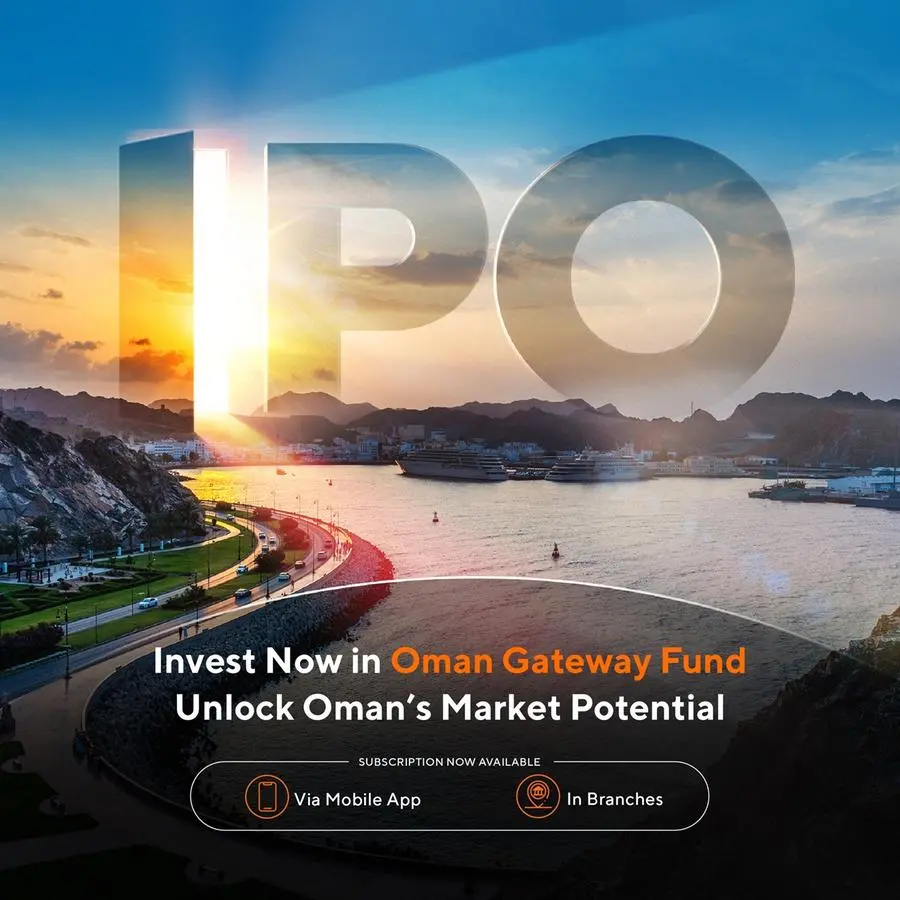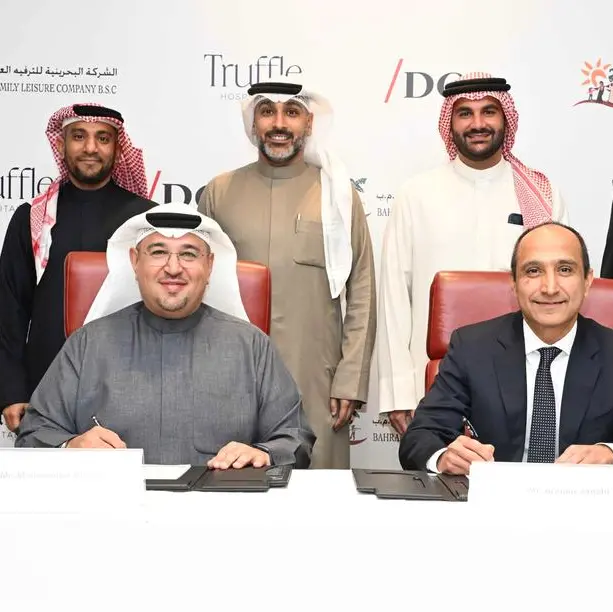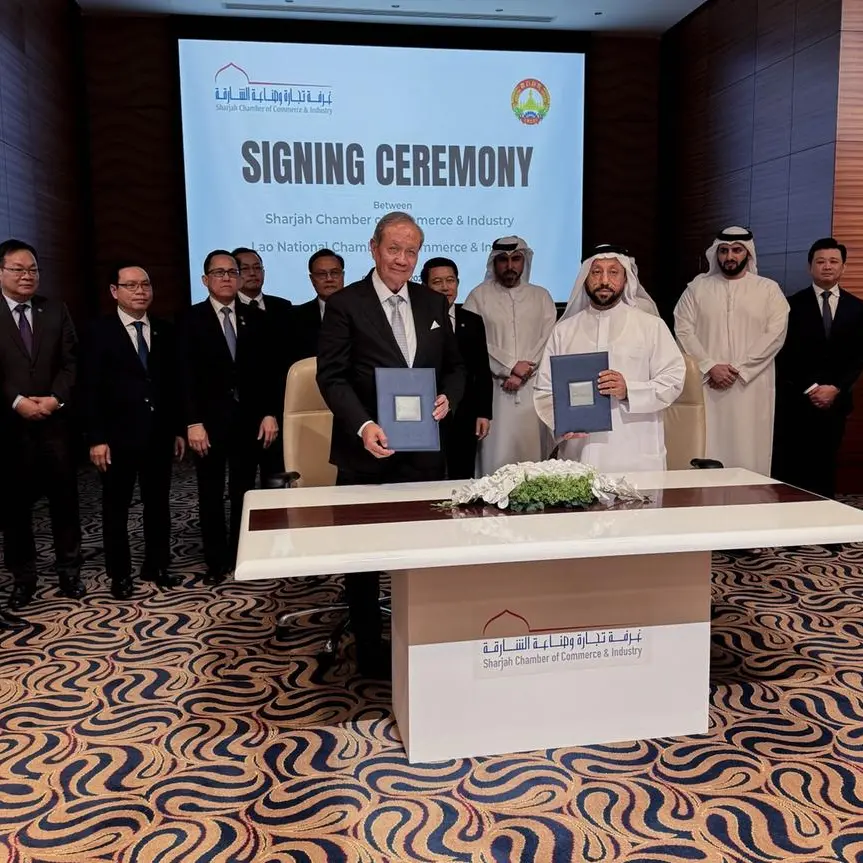- Mohammed bin Rashid: Dubai Creative Economy Strategy aims to transform the emirate into a global hub for creative industries by 2025.
- Mohammed bin Rashid: The strategy aims to double creative industries’ GDP contribution to 5% of Dubai’s economy by 2025, double number of creative companies in Dubai from 8,300 to 15,000, and more than double the number of creators from 70,000 to 140,000.
- Mohammed bin Rashid: Dubai’s rapid evolution has been based on bold creative ideas; we have provided an environment conducive to transformative creativity of added value and a source of sustainable economic growth.
- The strategy is being implemented under the patronage of Her Highness Sheikha Latifa bint Mohammed bin Rashid and is supervised by the Dubai Culture & Arts Authority alongside a number of partners.
- The Creative Strategy aims to create the right legislative and investment frameworks to support the growth and prosperity of creative industries in Dubai.
- Strategy accompanied by launch of an integrated zone for creatives in Dubai that provides everything for the development of a thriving creative economic sector in the emirate.
- Launch of Creative Economy Classification Framework will offer new tool to measure scale and impact of the creative economy beyond GDP contribution.
Government of Dubai Media Office: His Highness Sheikh Mohammed bin Rashid Al Maktoum, Vice President and Prime Minister of the UAE and Ruler of Dubai, today launched the Dubai Creative Economy Strategy, which aims to double the creative industries’ GDP contribution to 5% of Dubai’s economy by 2025, from 2.6% at the end of 2020.
The new strategy seeks to more than double the number of creative companies based in Dubai from 8,300 to 15,000 within the next five years, and more than double the number of creators based in the emirate, from 70,000 to 140,000.
To achieve its goals, the Dubai Creative Economy Strategy includes upgrading the legal and investment environment needed to spur the growth and prosperity of creative industries in Dubai, to enhance the emirate’s attractiveness to creators, investors and entrepreneurs as well as local, and global investments in creative industries. This will contribute to transforming Dubai into a global capital for the creative economy, a direct translation of the forward-looking vision of HH Sheikh Mohammed bin Rashid Al Maktoum, and an implementation of Dubai Plan 2021 which aspires to elevate Dubai’s leading role as a global hub in a variety of economic, financial, and business sectors. Dubai Plan 2021 provides a roadmap for the future of the emirate through a comprehensive perspective to ensure the creation of a happy society that fulfils the aspirations and dreams of its citizens and residents.
The concept of a creative economy covers broad and varied fields including publishing, writing, audio-visual and print media such as cinema, music and video, as well as artistic and cultural industries, cultural heritage museums, historical sites, archives, major cultural events, libraries, and the software and videogame industry. It also includes design in all of its many variations, whether related to fashion, gaming, software, or architecture – those industries where creative minds can produce new and exciting concepts.
A Capital for the Creative Economy
His Highness Sheikh Mohammed bin Rashid Al Maktoum said, in tweets posted on HH’s Twitter account: “Today, we launch the Dubai Creative Economy Strategy with the aim of transforming the emirate into a preferred destination for creativity from across the world and a capital of the creative economy by 2025, in order to achieve our vision for a future economy based on knowledge and innovation.”
His Highness affirmed that the rapid evolution of Dubai has been predicated on bold and creative ideas, adding: “We always welcome creative individuals and companies from all over the world, and we seek to provide a suitable environment for them to transform their dreams, aspirations and creativity into an added value and a sustainable economic resource.”
“The UAE is a global economic capital, and creativity is part of our economy and of our quality of life, and a major engine for the future of our country,” HH said.
His Highness added that the Dubai Creative Economy Strategy is an integrated initiative that aims to develop the creative industries sustainably by rolling-out the requisite legislative, investment and technical frameworks to support and catalyse the vast and expanding creative community in Dubai.
To ensure this, a number of flexible packages, incentives and advanced creative incubators will be provided to maintain pace with the rapid technological developments shaping the world. By harnessing the technologies of the Fourth Industrial Revolution (4IR), Dubai can enrich the creative industries’ ability to enhance its competitiveness in local and global markets.
Support and Partnership
The Dubai Creative Economy Strategy is being implemented under the patronage of Her Highness Sheikha Latifa bint Mohammed bin Rashid Al Maktoum, Chairperson of the Dubai Culture & Arts Authority (Dubai Culture), and supervised by the Dubai Culture & Arts Authority in cooperation with a number of strategic partners, notably, the Dubai Roads & Transport Authority (RTA), Dubai Municipality, Dubai Economy, and Wasl Asset Management Group, with the aim of achieving galvanising new levels of productivity from Dubai’s creative economy.
A Stimulating Climate for Creativity
The Dubai Creative Economy Strategy focuses on providing a suitable and stimulating climate for creatives to generate added economic value to their creativity, by integrating creativity with capital investment opportunities with distinguished returns, thus enhancing Dubai’s position as a global destination for culture and creativity, while also fortifying its role as a global engine of the world’s creative economy. It will also contribute significantly to diversifying and accelerating
an economy based on knowledge, innovation and creativity.
Strategic Objectives
In addition to doubling the contribution of the creative industries to Dubai’s GDP, the main objectives of the Dubai Creative Economy Strategy include more than doubling the number of creative and culture companies and institutions operating in the field of creative industries from 8,300 currently to 15,000 companies and institutions by 2025. It is expected that this will lead to a doubling in the number of jobs provided by creative industries from 70,000 jobs currently to 140,000 jobs in the coming period.
The driving philosophy of the Dubai Creative Economy Strategy stems from the emirate’s big goals and objectives of enhancing creative economic output and improving social cohesion by highlighting the unique national identity of the UAE by leveraging the innate cultural diversity of Emirati society which has always welcomed and fostered creative talents from all over the world.
To further drive this philosophy, the Dubai Creative Economy Strategy will see the launch of an integrated zone for creative individuals in Dubai that provides the requisite components for developing a world-class creative sector in the emirate which enables and empowers talents to compete on the global stage.
Additionally, it will include the launch of the Creative Economy Classification and Measurement Framework, a dynamic new tool that will allow Dubai to measure the scale and impact of its creative economy beyond GDP contribution. It will enable Dubai to take its “creative pulse”.
Early Awareness of the Importance of Creativity
Though Dubai has long-realised the importance of the creative economy and its positive impact on the overall economy, the emirate has successfully formulated a new concept for creative entrepreneurship and has invested in establishing creative clusters to attract a multitude of companies and thousands of creatives from across the world, which has resulted in an increase in the sector’s contribution to GPD. It has effectively unleashed the massive and promising potential they offer and enabled them to play a pivotal role in meeting the sustainable development goals (SGDs) outlined by the United Nations.
Dubai began the process of the creative economy decades ago with the establishment of expansive and sophisticated creative complexes in various sectors such as Dubai Internet City, Dubai Media City, Dubai Production City, Dubai Studio City and Dubai Design District, which saw the creative economy contribute 2.6% to Dubai’s GDP by the end of 2020.
Unprecedented Transformations
Globally, the creative economy is witnessing an unprecedented boom. Global revenues have reached a total of US$2.25 trillion - representing 10% of global GDP in addition to creating 30 million jobs. There is enormous potential of this sector for the years ahead, and it’s at the epicentre of Dubai’s plans for building a resilient, agile and sustainable economy.
-Ends-
© Press Release 2021
Disclaimer: The contents of this press release was provided from an external third party provider. This website is not responsible for, and does not control, such external content. This content is provided on an “as is” and “as available” basis and has not been edited in any way. Neither this website nor our affiliates guarantee the accuracy of or endorse the views or opinions expressed in this press release.
The press release is provided for informational purposes only. The content does not provide tax, legal or investment advice or opinion regarding the suitability, value or profitability of any particular security, portfolio or investment strategy. Neither this website nor our affiliates shall be liable for any errors or inaccuracies in the content, or for any actions taken by you in reliance thereon. You expressly agree that your use of the information within this article is at your sole risk.
To the fullest extent permitted by applicable law, this website, its parent company, its subsidiaries, its affiliates and the respective shareholders, directors, officers, employees, agents, advertisers, content providers and licensors will not be liable (jointly or severally) to you for any direct, indirect, consequential, special, incidental, punitive or exemplary damages, including without limitation, lost profits, lost savings and lost revenues, whether in negligence, tort, contract or any other theory of liability, even if the parties have been advised of the possibility or could have foreseen any such damages.



















